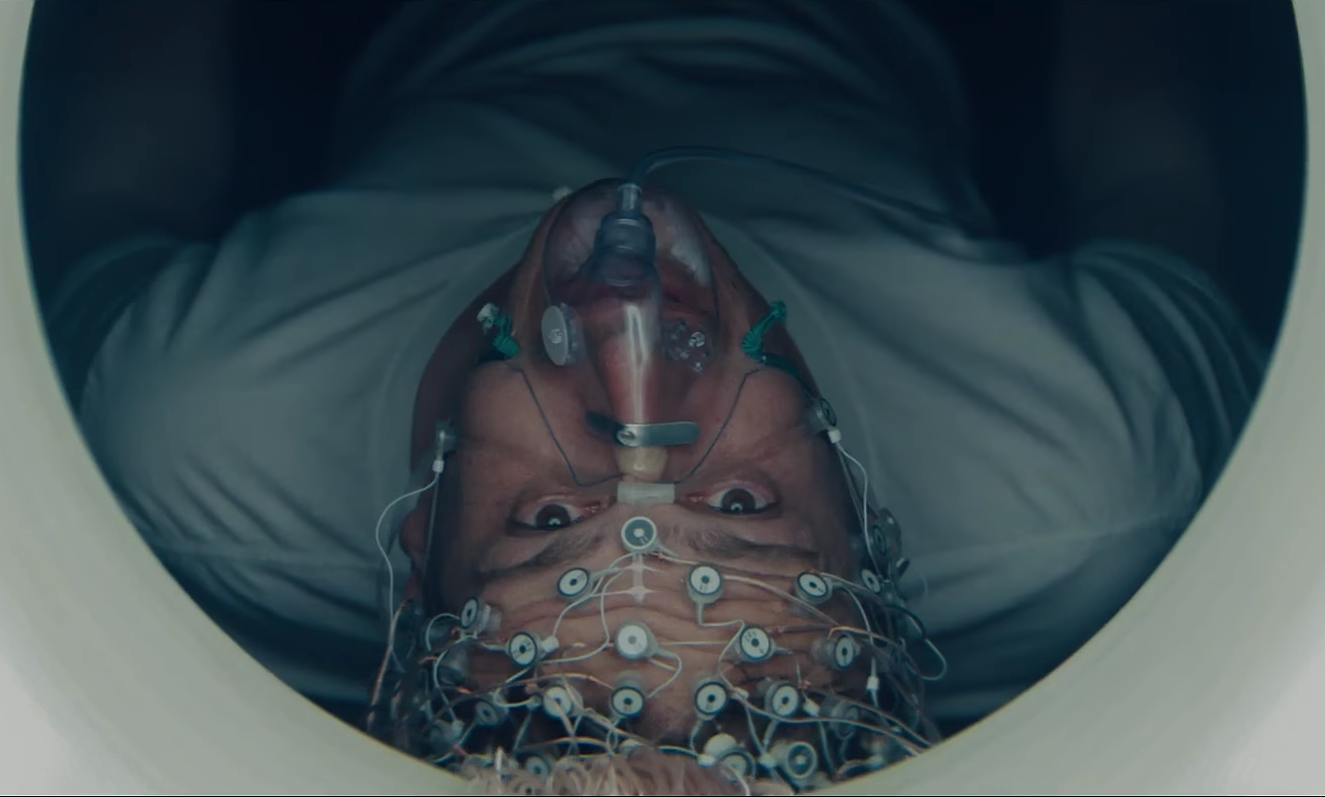“We’re all a bunch of people running around, making the same mistakes over and over,” Will (Jason Segel) says to Isla (Rooney Mara) in The Discovery, Netflix’s newest Sundance film release. “And I don’t know why we think it will be different somewhere else unless we learn what we’re supposed to learn here.”
When Will says this, it goes largely unnoticed, presumably just another emotional musing from Segel’s character in a film full of thoughts surrounding death.
It isn’t until the end of The Discovery — after a plot twist I won’t spoil — that the audience realizes just how true Will’s words are.
Will’s father Thomas (Robert Redford) discovers the existence of an afterlife while observing subconscious brain waves a body emits after death; suicide rates skyrocket as people, utterly clueless about what lies in the next realm, try to experience what happens after death.
The Discovery focuses on Thomas’ continued work to discover what the afterlife actually holds and Will’s efforts to stop him from pushing further into the unknown.
In a film about the discovery of the afterlife, death may seem somewhat obsolete, but it is the concept and the reality of death that sit at the center of The Discovery, driving the actions of all of the characters. Each character in the film interacts with and reacts to death in his or her own unique way.
Thomas seeks out what exactly happens to a person after they die, and not just proof of an afterlife. Will pushes his family away because of his mother’s death, hoping to stop his father’s studies. And Isla develops a tumultuous relationship with death because of her son’s passing, but the experience gives her the chance to grow.
As Isla, Mara’s feelings toward life’s end shows the most development throughout the film in terms of her relationship with death. At the beginning of the film, prior to the discovery of what the afterlife actually holds, Isla sees death as merely a doorway to a new life, a new place.
“Well, you don’t go on vacation without looking at the brochure first,” she says.
By the end of the film, she comes to terms with her own life and no longer feels as if she is “taking a spot away from someone who maybe would have gotten something more out of life.”
Segal’s performance is heartfelt and done with poise. It is a nice shift from his typically goofier, comedic roles (watch How I Met Your Mother or Freaks and Geeks if you don’t believe me).
Unfortunately, the acting falters when it comes to the chemistry between the two leads, Mara and Segel. Supposedly romantic scenes between the two lack honest emotion.
The only scene with a real connection between them is when they are lying in bunkbeds. The dialogue in this scene furthers the plot and pushes the character development of both Will and Isla.
Outside the framework of the plot, the character that catches the audience’s attention the most is Will’s younger brother Toby (Jesse Plemons, Friday Night Lights). Plemons’ character provides a much-needed comedic relief in a film that carries somber undertones.
The film feels very real, making the plot of The Discovery increasingly better. While the movie is technically science-fiction, the science doesn’t seem all that far out of reach.
“Reality and fantasy are mutually exclusive,” Will says to Isla. “They don’t exist in the same space.”
This quote, along with the one in the first paragraph, captures a main issue of The Discovery.
The Discovery moves to rebut what this quote implies, and much of our current understanding of death at the same time. The film argues that reality and fantasy, in this case life and death, are not mutually exclusive, and that they do, in fact, exist on the same plane.




